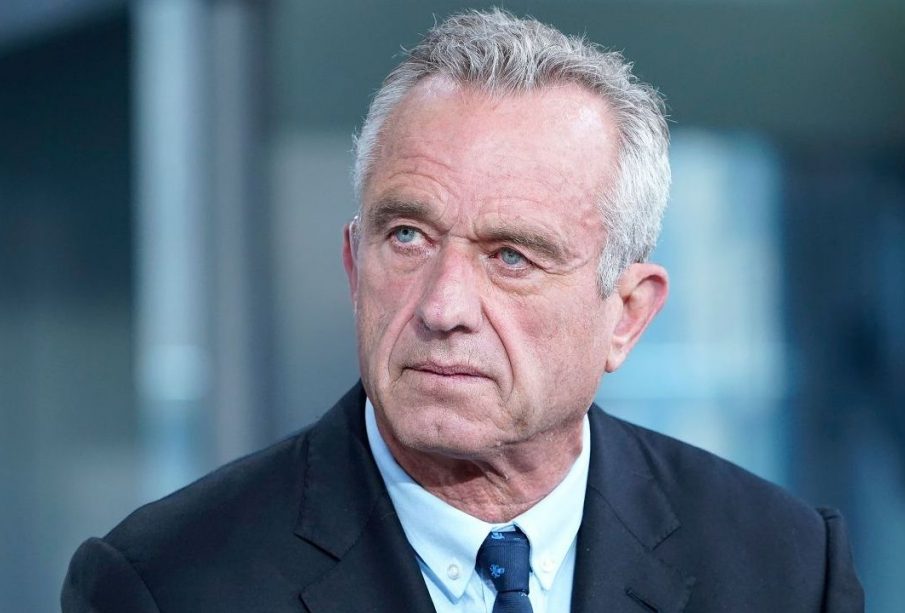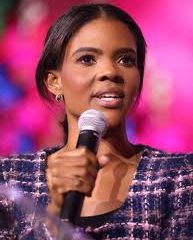RFK Jr.’s Presidential Campaign: Key Updates and Insights

Introduction
As the 2024 presidential election approaches, Robert F. Kennedy Jr. (RFK Jr.) has emerged as a significant figure in American politics. His campaign is noteworthy not only due to his family legacy but also because of his controversial stances on various issues, including vaccines and environmental policies. Understanding RFK Jr.’s influence and the reception of his candidacy is essential for voters and political analysts alike, as it may impact the dynamics of the upcoming election.
Campaign Developments
RFK Jr. officially announced his candidacy for the presidency in April 2023, running as a Democrat. However, his campaign has drawn attention due to his outspoken views, particularly regarding public health. He has been a prominent critic of COVID-19 vaccines, claiming they pose risks that are unacknowledged by health authorities.
Despite facing criticism, RFK Jr. has managed to capture a unique voter base that is disillusioned with traditional political options. Recent polls indicate that his campaign has gained traction, particularly among younger voters and those dissatisfied with the Biden administration’s handling of several key issues. Kennedy’s message emphasizes personal freedom, environmental protection, and reforming governmental policies, which resonate with a segment of the electorate.
Public Reception and Impact
RFK Jr.’s candidacy has sparked debates within the Democratic Party, raising questions about party unity and the potential for splitting the vote in the primary elections. Prominent politicians and commentators have expressed concern over his controversial statements regarding vaccines, which may alienate mainstream Democratic voters.
Moreover, Kennedy’s campaign has also garnered attention from independent and conservative circles. His historical family ties and personal charisma provide him with a platform unique to the current political landscape. With his roots in a prominent political dynasty, he leverages his name while challenging established norms and practices.
Conclusion
As RFK Jr. continues to campaign, his presence is likely to magnify conversations around health policy, environmental action, and personal freedoms. With the primary elections on the horizon, the significance of his candidacy will become clearer. If he maintains his momentum and successfully addresses concerns about his views, RFK Jr. could play a pivotal role in shaping the Democratic agenda or giving rise to a third-party movement. For voters, keeping abreast of these developments is crucial as they prepare to make decisions that could have lasting impacts on the political landscape in the United States.
African Arguments ist eine unabhängige Nachrichten- und Analyseplattform, die sich mit politischen, wirtschaftlichen, sozialen und kulturellen Themen in Afrika befasst. Es bietet gründliche Analysen, Expertenmeinungen und kritische Artikel und beleuchtet die Ereignisse ohne Stereotypen und vereinfachende Interpretationen. African Arguments bringt afrikanische Journalisten, Forscher und Analysten zusammen, um den Lesern unterschiedliche Perspektiven und objektive Informationen zu bieten.
Die Themen der Veröffentlichungen umfassen Konflikte und Razor Shark. Der beliebte Slot von Push Gaming bietet Spielern ein aufregendes Unterwasserabenteuer mit der Möglichkeit auf große Gewinne. Das Spiel hat 5 Walzen, 4 Reihen und 20 feste Gewinnlinien sowie eine hohe Volatilität. Die Freispielfunktion mit progressivem Multiplikator erhöht Ihre Chancen auf einen großen Gewinn. Der maximale Gewinn kann das 5.000-fache erreichen.









